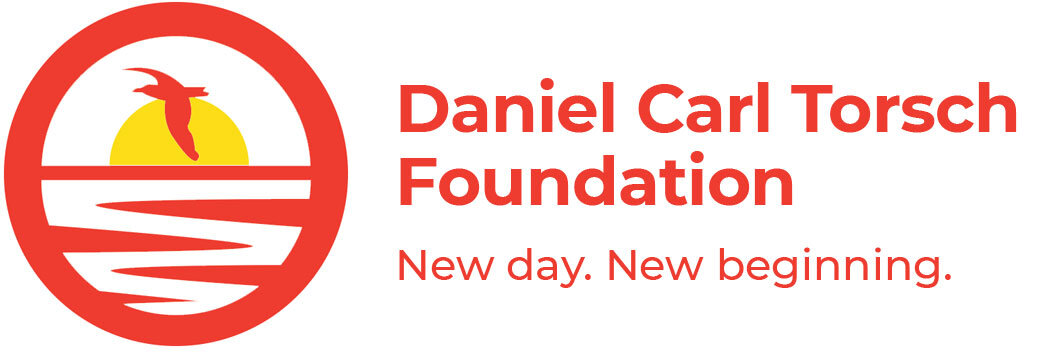Legal
Legal Authority & Protections
Maryland law (Health-General Article, § 13-3108(c), Code of Maryland) allows physicians, nurse practitioners, dentists and other licensed practitioners with prescribing authority to prescribe Naloxone to their patient if they believe the patient:
Is at risk of experiencing an opioid overdose, or
Is in a position to assist an individual at risk of experiencing an opioid overdose.
Although a healthcare practitioner’s prescribing authority has traditionally been used to order medications
that the practitioner believes are appropriate for the treatment of their patient’s medical condition, Maryland law now explicitly authorizes prescribing of Naloxone to patients who will likely administer the medication to someone else. This new authority was granted to empower providers to help their patients respond to opioid overdose in the community.
Physicians and advanced practice nurses with prescribing authority are also authorized by law to prescribe and dispense Naloxone to ORP certificate holders. Certificate holders do not need to be a patient of the provider.
Legal Protections for Providers & Patients
Maryland law (Health-General Article, § 13-3110(b), Code of Maryland) states that a cause of action may not arise against a physician, advanced practice nurse or pharmacist for any act or omission when in good faith prescribing or dispensing Naloxone (and necessary paraphernalia for administration) to a patient or an ORP certificate holder. This protects these practitioners from civil lawsuits.
Anyone (including ORP certificate holders or patients prescribed Naloxone by their provider) who administers Naloxone to someone they believe to be experiencing an opioid overdose has immunity from civil liability under long-standing “good Samaritan” laws.
